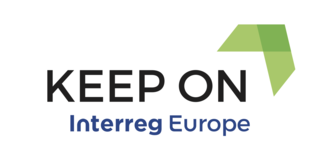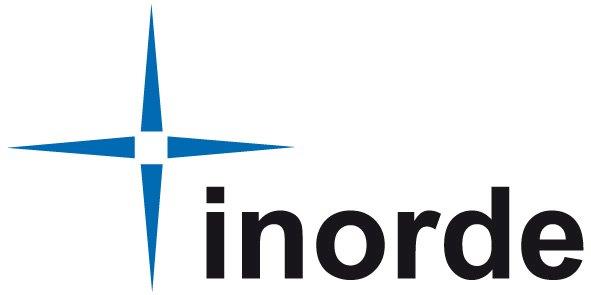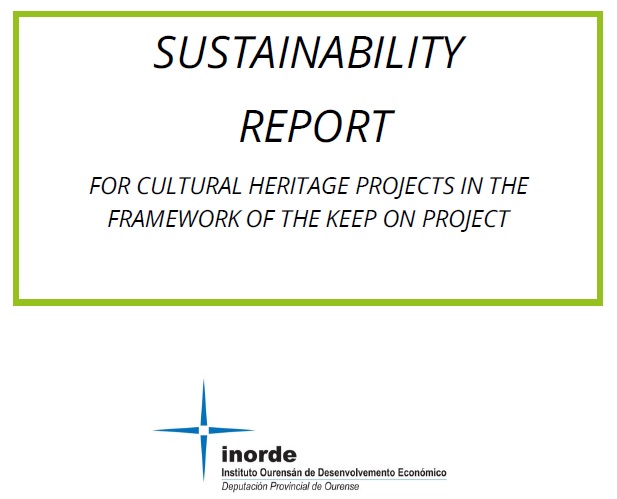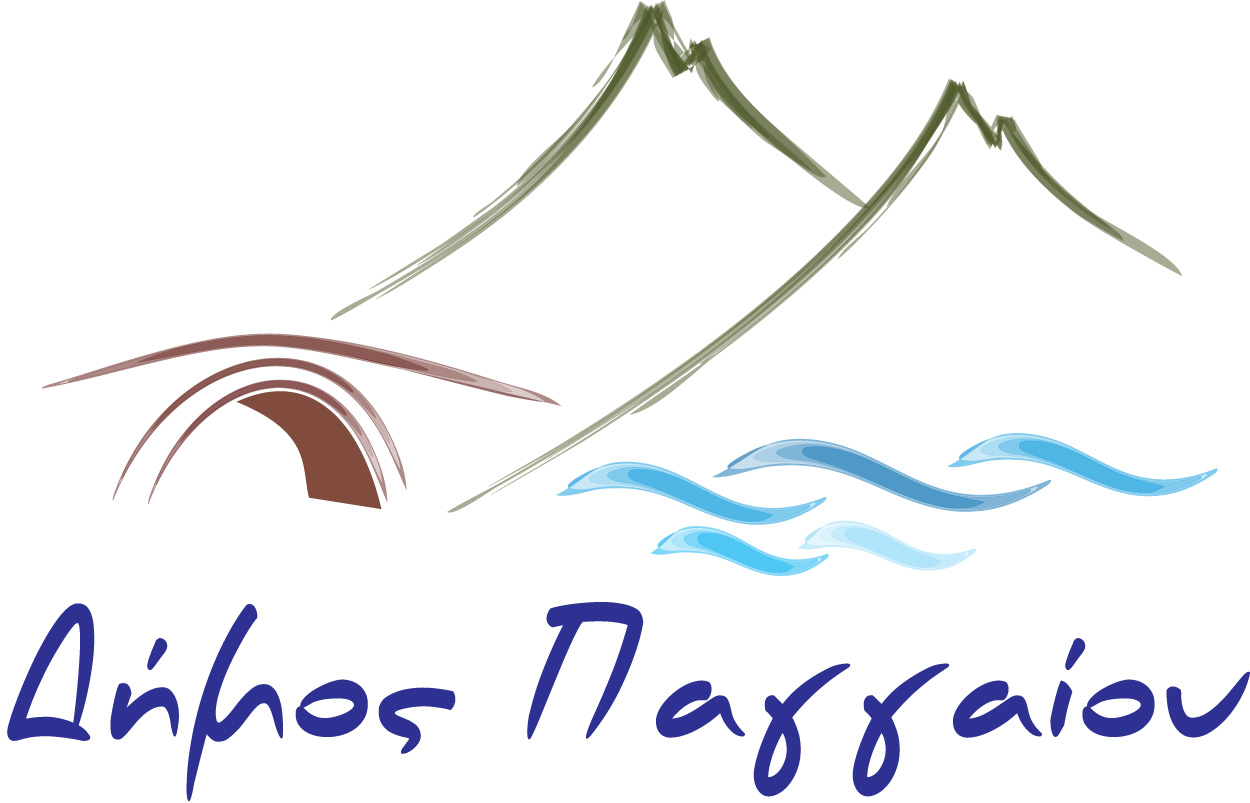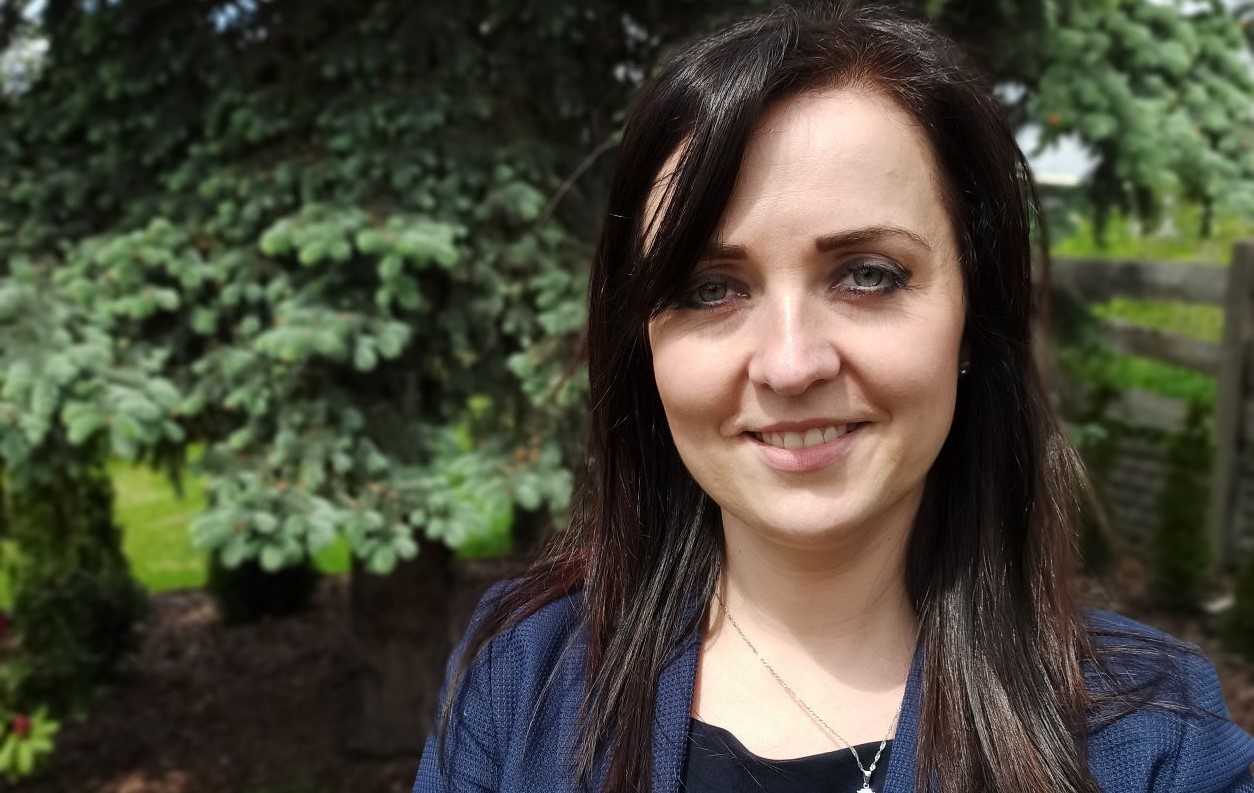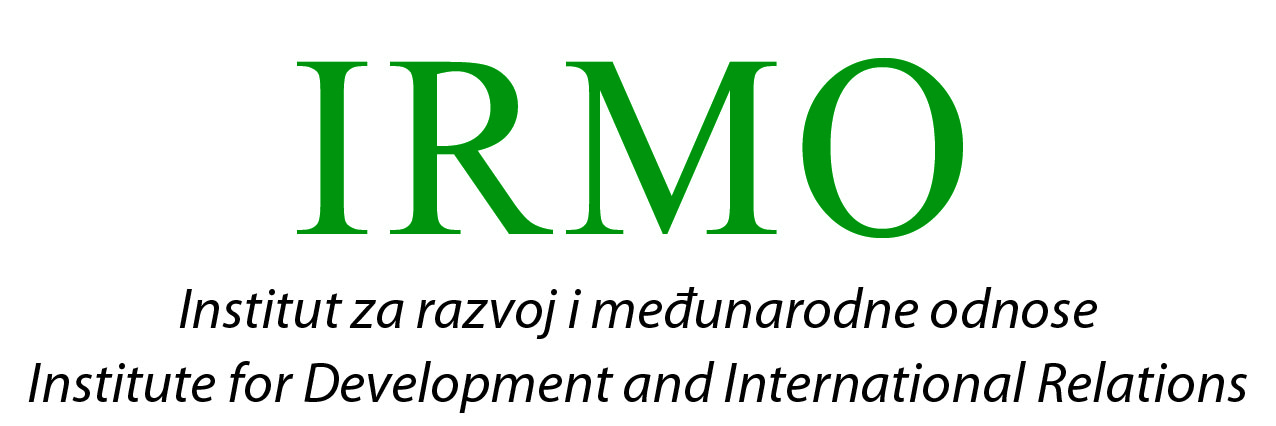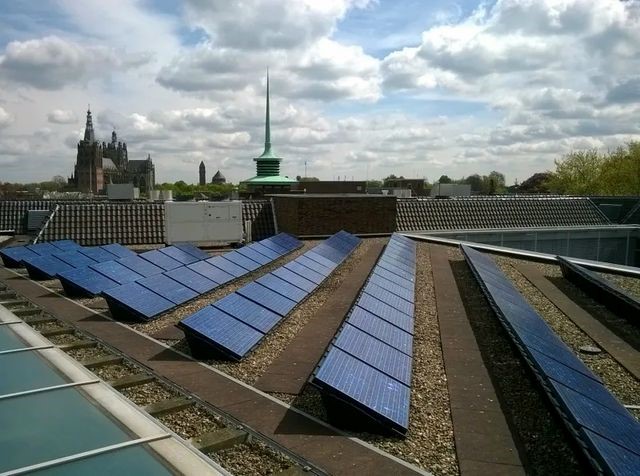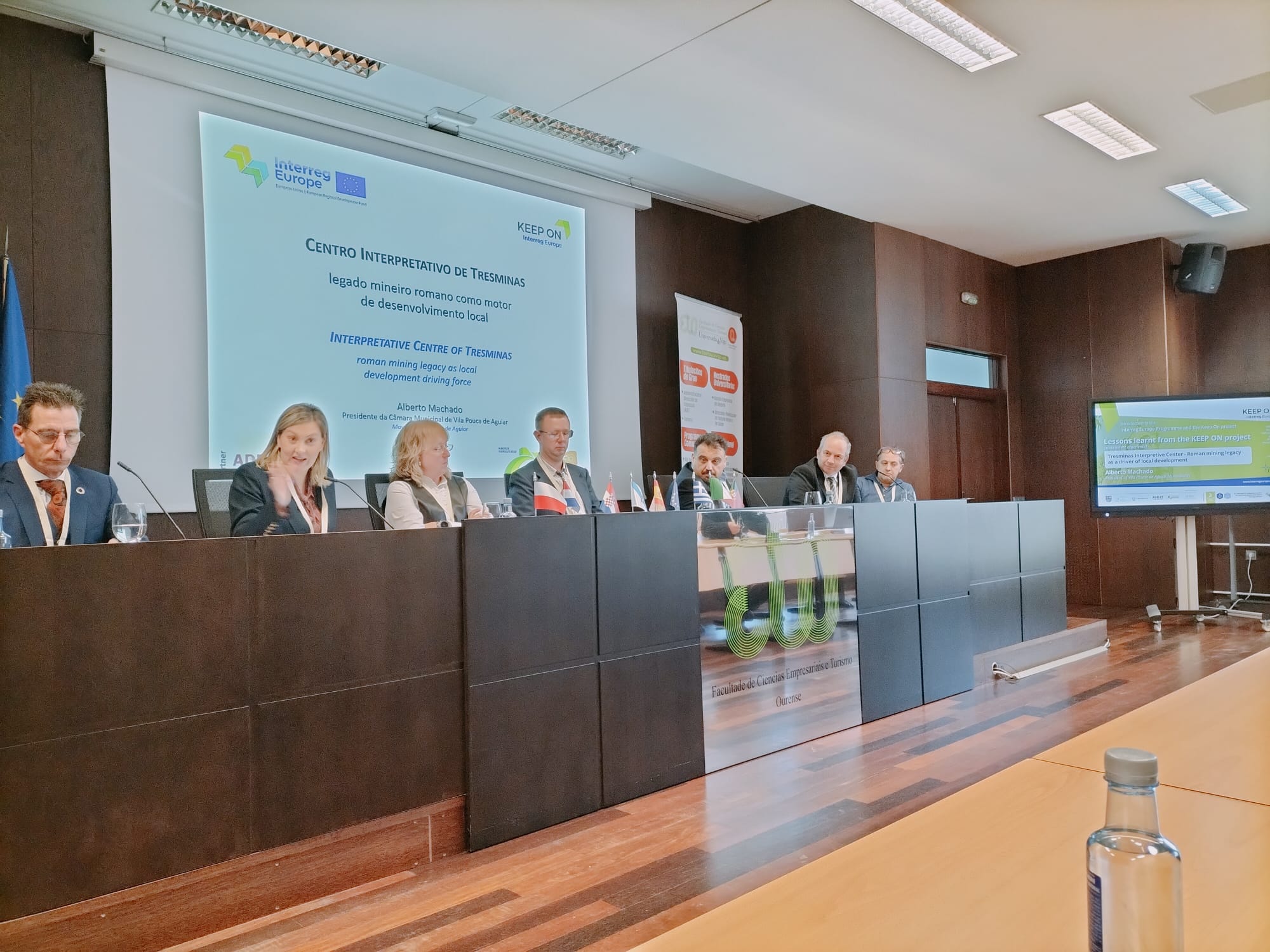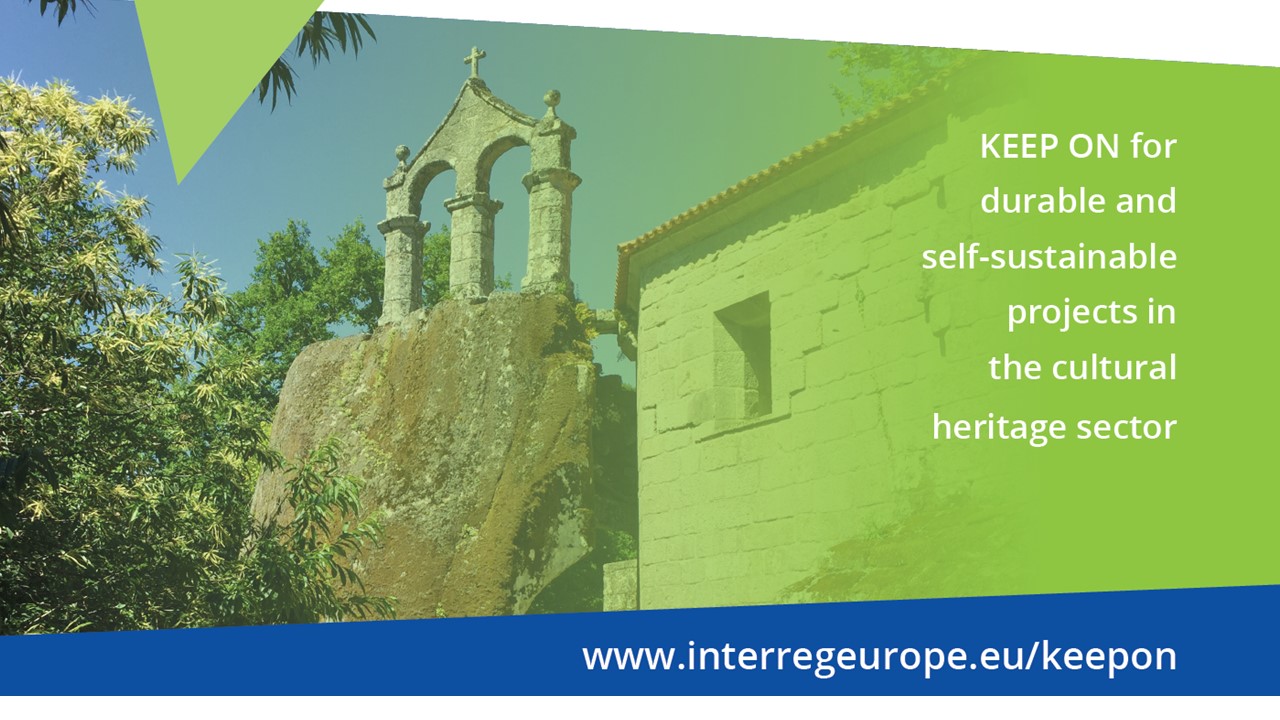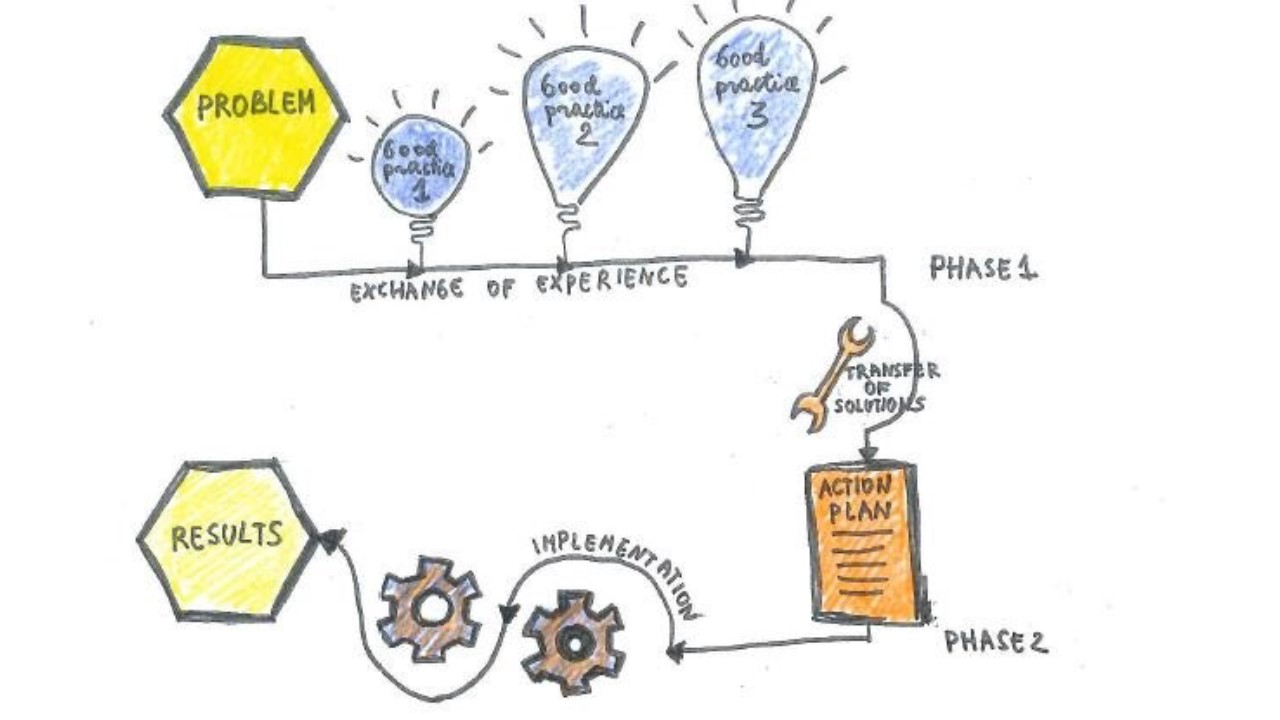On 23rd of May 2022 took place the seventh meeting of the Steering Committee of the international project „KEEP ON – Effective policies for durable and self-sustainable projects in the cultural heritage sector”. The meeting was held in an online formula.
Project partners from countries such as Croatia, Greece, the Netherlands, Spain, Poland, Portugal and Italy discussed the activities carried out in the last semester. The project leader focused on the current indicators, the expenditure of each partner and the scope of the initiatives taken so far in the last reporting period.
A large part of the Steering Committee was devoted to monitoring the measures proposed
In the documents of each partner, the Regional Action Plans. The document provides for an analysis and improvement of regional policy in the field of cultural heritage. The scope of the three measures identified in the Polish example, with Świętokrzyskie Region Action Plan is based on past experience and best practices in the field of sustainable development in the preservation and use of cultural heritage, developed as part of the “Keep On” project. Polish partner proposed three activities that will influence the regional policy instrument, i.e, „European Funds for Świętokrzyskie region 2021 – 2027”:
1. Implementation of a wider spectrum of project types in the 2021-2027 financial perspective.
2. New territorial provisions taking into account the impact on the local community.
3. Including cultural institutions and institutions managing cultural heritage sites in the catalogue of beneficiaries of activities not directly related to the cultural heritage sector.
From Poland, the meeting was attended by Liliana Krężołek, coordinator of the implemented project “Keep On”, an employee of the Regional Economic Development section of the Department of Investment and Development of the Marshal’s Office of Świętokrzyskie Region in Kielce.
The KEEP ON project is implemented within the framework of the European Regional Development Fund, the Interreg Europe program 2014-2020, in partnership with seven European countries.
